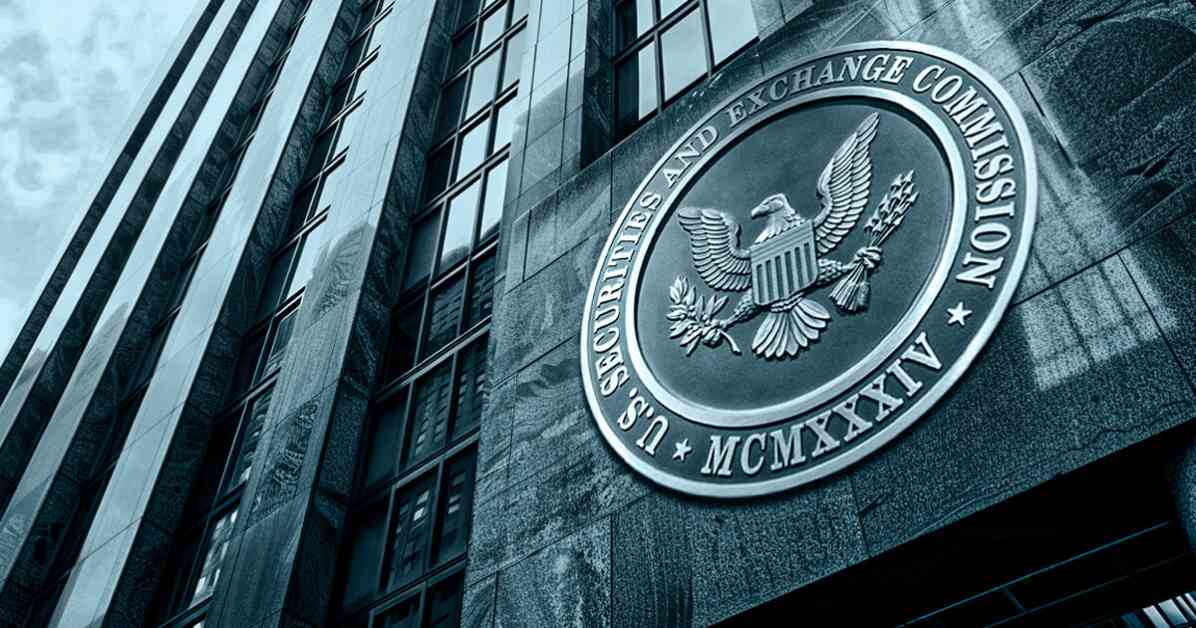The Securities and Exchange Commission (SEC) has taken a firm stance against Richard Heart in his attempt to dismiss a $1 billion fraud case. The regulatory body has argued that Heart’s actions, particularly his promotion of unregistered digital assets like HEX, PulseChain, and PulseX, directly targeted US investors, thus justifying jurisdiction in the case.
In a filing dated August 22, the SEC countered Heart’s motion to dismiss the case on the grounds of insufficient jurisdiction and the alleged inadequacy of the SEC’s claims. Heart, also known as Richard Schueler, had argued that his activities were primarily conducted outside the US and therefore did not fall under US securities laws. He further claimed that the SEC’s complaint failed to establish that his conduct had a substantial effect on US investors, as required by the “conduct and effects” test.
However, the SEC refuted these claims by pointing to Heart’s extensive promotion of the crypto tokens in question, including his personal appearances at US-based events and his active engagement with US investors through online platforms and social media. The regulator highlighted that many of these promotional efforts were specifically aimed at attracting US investors, thus establishing grounds for jurisdiction.
The SEC’s complaint against Heart includes allegations of the unregistered offering and sale of securities, in violation of Sections 5(a) and 5(c) of the Securities Act of 1933. Additionally, Heart is accused of violating antifraud provisions under Section 17(a) of the Securities Act and Section 10(b) of the Securities Exchange Act of 1934.
The watchdog’s complaint further details how Heart allegedly misled investors about the use of their funds, diverting millions for personal luxuries such as expensive cars and a purportedly large black diamond. The SEC emphasized the significant efforts Heart took to market these digital assets to US investors, suggesting a calculated strategy to attract substantial investments from within the country.
With the SEC’s opposition filing, it is evident that the regulatory body remains steadfast in its pursuit of legal action against Heart, signaling its commitment to holding accountable those who engage in deceptive practices in the realm of digital assets.
### Grounds for Jurisdiction
The SEC’s argument for jurisdiction in the $1 billion fraud case against Richard Heart is based on his widespread promotion of unregistered digital assets to US investors. Despite Heart’s claims that his activities were predominantly conducted outside the US, the SEC has highlighted his direct engagement with US investors through various channels, including personal appearances at events and active participation on online platforms.
Heart’s defense centered on the assertion that the transactions in question were predominantly foreign and thus fell outside the purview of US securities laws. However, the SEC has countered this argument by emphasizing the significant impact of Heart’s actions on US investors, particularly through his targeted promotional efforts.
The regulator’s detailed memorandum refutes Heart’s claims of insufficient jurisdiction, pointing to his deliberate efforts to attract US investors and his alleged misappropriation of funds for personal gain. By establishing the direct link between Heart’s activities and their effects on US investors, the SEC has strengthened its case against the accused.
### Allegations of Fraud
The SEC’s complaint against Richard Heart includes allegations of securities fraud, specifically related to the unregistered offering and sale of securities. The regulatory body asserts that Heart violated key provisions of the Securities Act of 1933 and the Securities Exchange Act of 1934 through his actions.
In addition to the unregistered sale of securities, the SEC accuses Heart of misleading investors about the use of their funds, diverting millions for personal luxuries instead. This alleged misappropriation of investor funds for personal gain forms a significant part of the SEC’s case against Heart, highlighting the severity of the accusations against him.
The SEC’s detailed opposition filing underscores the extent of Heart’s fraudulent activities and their impact on US investors. By providing evidence of Heart’s deliberate efforts to market digital assets to US audiences, the regulator seeks to establish a strong basis for jurisdiction in the case.
### Legal Action and Accountability
As the SEC continues to push back against Richard Heart’s attempt to dismiss the $1 billion fraud case, it reaffirms its commitment to holding individuals accountable for deceptive practices in the digital asset space. The regulator’s proactive stance in pursuing legal action against those who engage in fraudulent activities demonstrates its dedication to upholding investor protection and maintaining the integrity of the financial markets.
By challenging Heart’s defense and presenting evidence of his alleged misconduct, the SEC aims to ensure that justice is served and that those who seek to defraud investors are held accountable for their actions. The regulator’s unwavering pursuit of legal action against Heart sends a clear message that deceptive practices in the realm of digital assets will not be tolerated.
In conclusion, the SEC’s opposition to Richard Heart’s bid to dismiss the $1 billion fraud case underscores the regulatory body’s commitment to upholding investor protection and pursuing justice in cases of alleged securities fraud. By presenting a strong case for jurisdiction and highlighting the impact of Heart’s actions on US investors, the SEC aims to hold accountable those who engage in deceptive practices in the increasingly complex world of digital assets.














